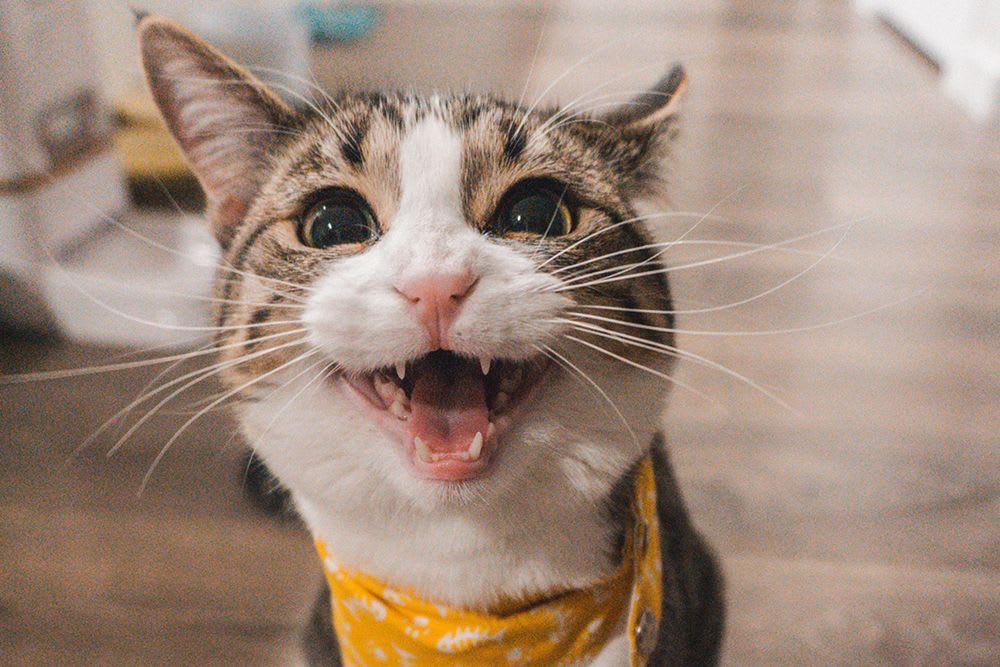Dogs can help insecure attachers find love, kind of
Whether your relationship style is anxious, avoidant or disorganised, a fluffy friend can support you through all your heartbreaks
Whether your relationship style is anxious, avoidant or disorganised, a fluffy friend can support you through all your heartbreaks
If you've been on TikTok any time recently, you'll probably know about a weird mix of stuff. Whether it's gut health videos, sleep hacks or cult beauty products. Useful, yes. Coherent, no.
Among TikTok's fave topics? Attachment styles: basically how the impact of your early upbringing influences your relationships later in life. There are four types of these styles: one of which is secure (a therapist would say you're great at relationships) and the other three are classed as insecure. Those last three are: avoidant (you're like the emotionally unavailable rom-com lead who has given up on love), anxious (somebody's definitely accused you of being needy before) and disorganised (you're prone to a bit of push-pull dynamics).
Basically, if you've got an insecure attachment style, things might be a little tricky in your relationships. If you have an insecure style and date women or queer people, you've probably been sent an infographic or two on this topic already or had them passive aggressively send you books like Attached or Polysecure after the breakup (Has this happened to us? We'll never tell). But we're here to tell you that there is hope to find love and it doesn't involve expensive therapy or hours reading self-help books.
According to a recent study published in BMC Psychiatry, even if you have an insecure attachment style in human relationships you can form strong, secure emotional attachments to dogs.
Study author Johanna Lass‑Hennemann conducted an online survey with 610 dog owners (most of whom were women) to test out the hypothesis that a more devoted dog owner might struggle with romantic relationships with their own species. The results? As the study puts it; "stronger emotional attachment to one’s dog was associated with lower comfort with depending on or trusting in others."
The conclusion of the study urged future researchers to probe whether a close attachment to pets was a way to offset difficult childhood experiences.
Whatever the reason behind these findings, it's reassuring to know that the rumours are true: dogs really are (wo)man's best friend.



